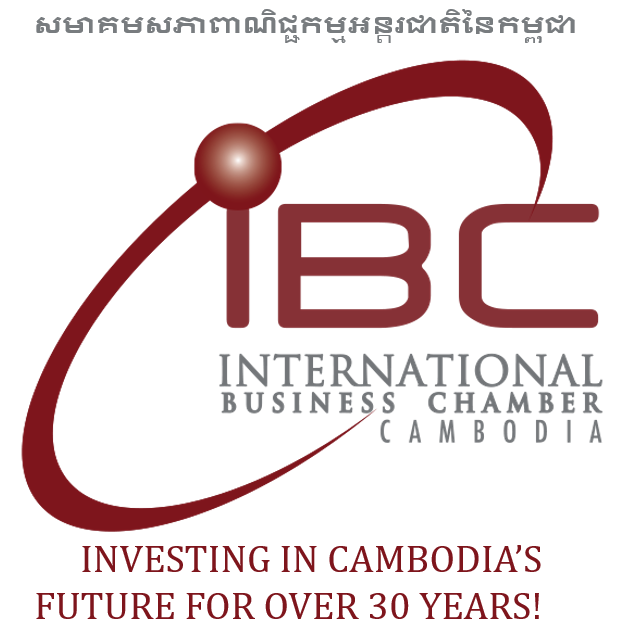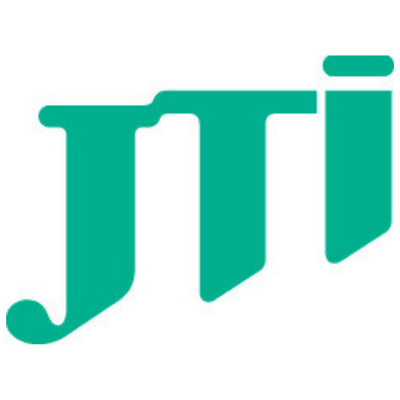Historical undisclosed tax liabilities and recent GDT practices concerning share transfers are major challenges for both local and international firms conducting merger and acquisition (M&A) deals in Cambodia as the number of M&As continues to grow.
Addressing these challenges the International Business Chamber of Cambodia hosted a luncheon on M&A inviting keynote speakers DFDL Cambodia’s Partner Clint O’Connell and Chris Robinson, Partner & Head of Corporate & Commercial Practice Group.
M&A is the general term that describes the consolidation or acquisition of companies or assets through various types of financial transactions and has become increasingly common in Cambodia due to its maturing economy.
IBC Chairman Paul Clements opened that luncheon at Topaz in Phnom Penh by stating that he believed there would be an increasing number of M&A deals over the coming few years as the international market faced economic headwinds as well as increasing competition in key sectors.
M&A deals in Cambodia have greatly increased
Chris Robinson, Partner & Head of Corporate & Commercial Practice Group, Cambodia, and Co-Head of M&A Regional Practice Group commented that when he first came to Cambodia in 2013 it was the lack of M&A deal he first noticed.
“Having spent considerable time in Australia and Vietnam working on many M&A deals, upon my arrival in Cambodia almost 10 years ago, I was first surprised by the lack of M&A activity. However, since 2016-2017, M&A activity has increased significantly, as many sectors have started to mature giving rise to the need for new markets entrants to enter Cambodia via M&A as opposed to greenfield investments,” Robinson said.
According to DFDL, since 2016-2017, M&A deals have accelerated mainly due to the large increase in capital inflows from the region, particularly China, Korea and Japan, increased interest from regional private equity funds and increased opportunities for consolidation within more mature sectors, such as financial services.
Reflecting on the emerging trends for M&A deals in Cambodia, Robinson highlighted that most involved later-stage expansion capital or exits with local conglomerates becomingly increasingly acquisitive.
“While, from a sector perspective, there is an increased focus on ICT, renewable energy, healthcare and education, financial institutions make up the majority of M&A deals in Cambodia,” Robinson added.
Cambodia Investment Review has previously reported on DFDL Cambodia’s involvement with of the world’s largest investment firms Morgan Stanly has purchased $43.23 million of Acleda Bank shares through Cambodia Securities Exchange marking the largest ever Negotiated Trading Method (NTM) buy.
Firms must conduct their due diligence
Clint O’Connell, Partner & Head of Cambodia Tax Practice Group, Cambodia raised the need for buyers of M&A deals to conduct their due diligence on possible historical undisclosed tax liabilities.
“Some of the key steps that we recommend for M&A deals on the buyers’ side include carrying out a tax due diligence on the target, obtaining tax clearance certificates from the tax authority, and potentially holding back some of the consideration for the share purchase in escrow until certain conditions have been met,” O’Connell said.
Reflecting on the use of share transfers in M&A deals O’Connell cited the 2019 Prakas 372 that introduced the concept of a deemed dividend for tax purposes which may be triggered at the time of a share transfer in a Cambodian company that has retained earnings and a non-resident shareholder that is transferring their shares.
“Those trying to circumnavigate the new expanded definition of dividend by converting retained earnings to registered capital are also caught when the resulting shares are transferred. This change in taxation law has also resulted in a debate around which side is required to pay this tax,” O’Connell said.
According to DFDL Cambodia over the recent months, there has also been an array of various attempts by the Cambodian tax authority to tax deemed gains from share transfers.
“These attempts range from trying to treat the transfer of shares in a Cambodian entity as the disposal of a fixed asset to asserting that deemed gains from share transfers, considered to be Cambodian sourced income, should be declared and taxed at the level of the Cambodian entity,” he added.









